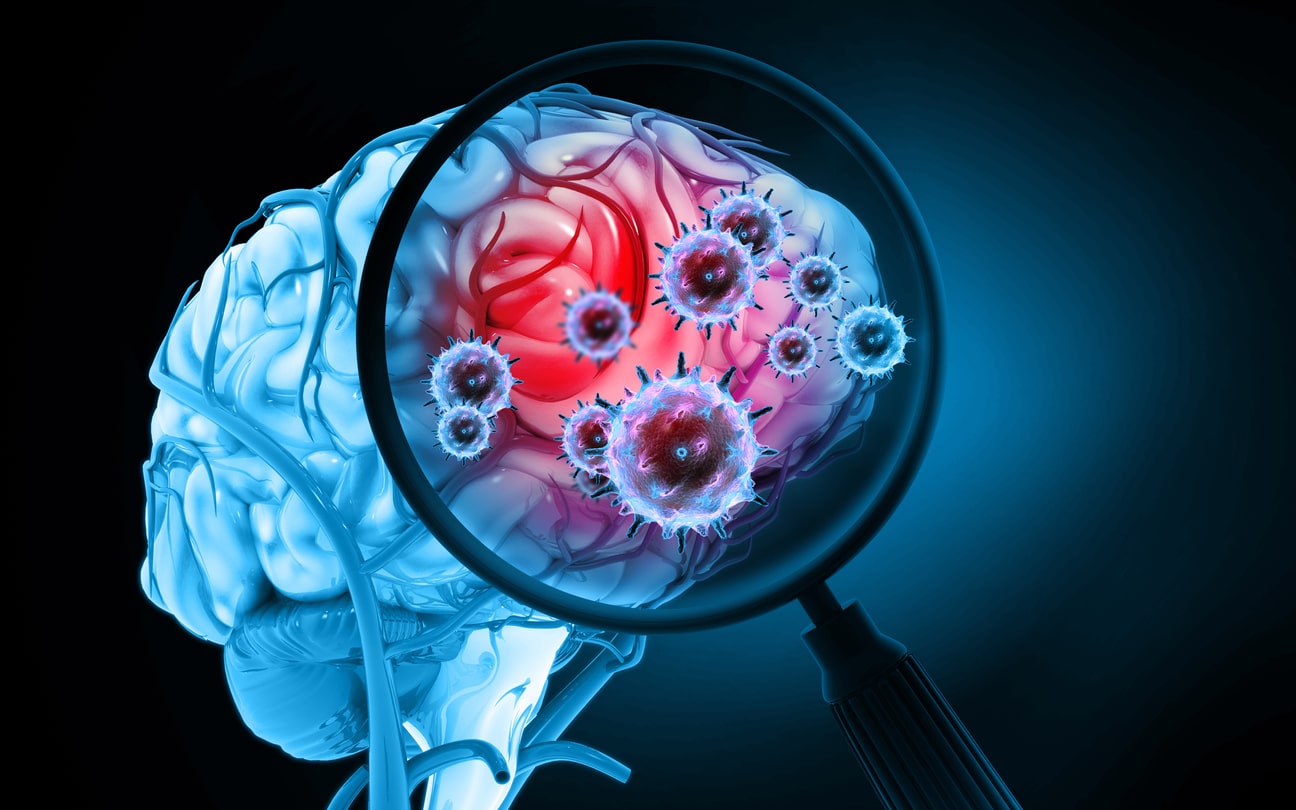Hearing loss is a common side effect of a condition called bacterial meningitis. This condition is characterized by inflammation of the meninges, which are protective membranes surrounding the brain and spinal cord.
Meningitis manifests through symptoms such as neck stiffness, sensitivity to light, confusion, fatigue, difficulty awakening, poor appetite, nausea, vomiting and a distinctive rash. Infants may show signs like a swollen soft spot on the head, poor feeding, excessive sleepiness or trouble waking.
Bacterial meningitis is most common in children, with approximately 70% of cases occurring in children under five. Keep an extra close eye on your young children and ensure they are up to date on necessary vaccines to prevent bacterial meningitis.
How Does Bacterial Meningitis Cause Hearing Loss?

When sound enters your ear, it travels through the middle ear to the cochlea in the inner ear. In your cochlea, there are thousands of small hair cells responsible for transmitting sounds to the brain. With bacterial meningitis, the infection can invade the cochlea and damage the hair cells. In addition to damaging the hair cells, bacterial meningitis can cause inflammation of the auditory nerve, leading to irreversible hearing loss.
When Should You Seek Treatment?
The consequences of delayed treatment for meningitis can be severe, increasing the risk of seizures and permanent neurological harm, including memory issues, learning difficulties and brain damage. Because the consequences of delayed treatment can be so severe, you should seek emergency treatment immediately upon experiencing symptoms.
In addition to seeking early treatment, preventive measures against meningitis are crucial. They include ensuring up-to-date vaccinations, contacting your provider for antibiotics after exposure to sick individuals and not sharing personal items like food or drinks.
What Are Your Options if You Develop Hearing Loss?
In the event that meningitis leads to hearing loss, the experience can be daunting, but your hearing specialists are ready and available to help. Hearing aids are a common solution for managing hearing loss. These devices amplify essential sounds, like conversations during dinners at American Flatbread, while reducing unnecessary background noise.
If you or your loved one are experiencing hearing loss after meningitis, it’s vital to consult with your hearing providers promptly. Contact Gary D. Schwartzberg, Au.D., Doctor of Audiology today to schedule a consultation with one of our specialists.